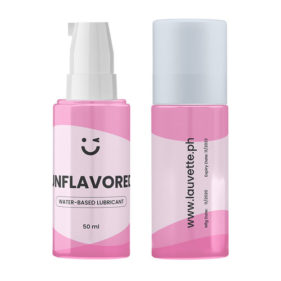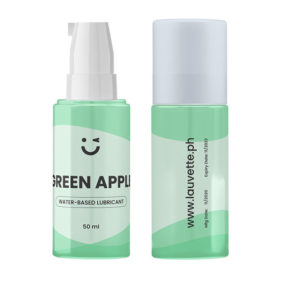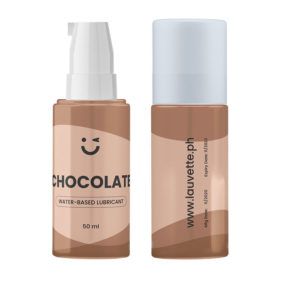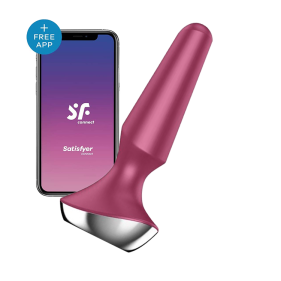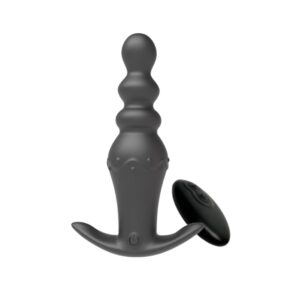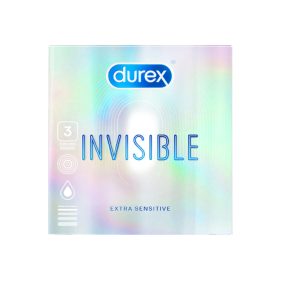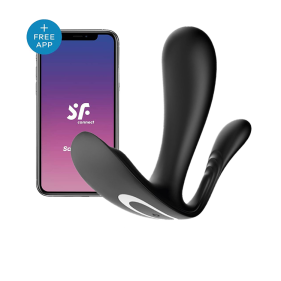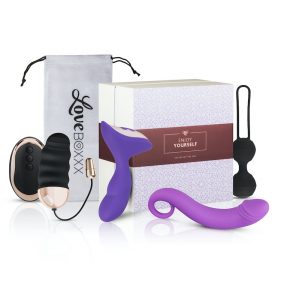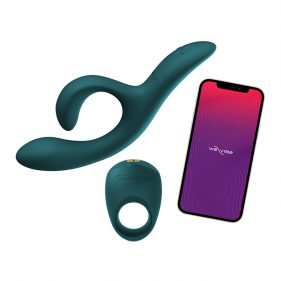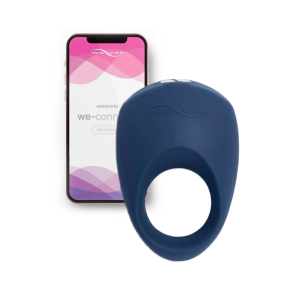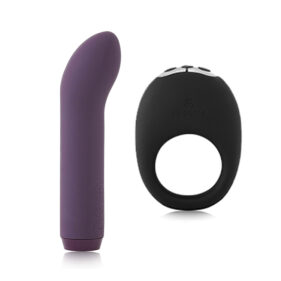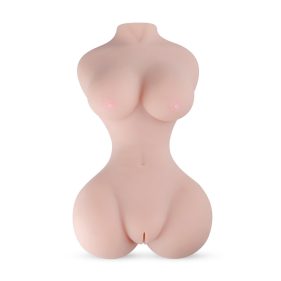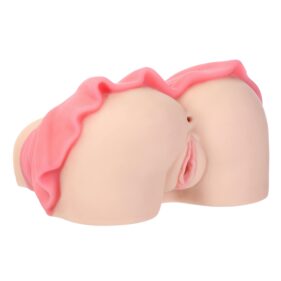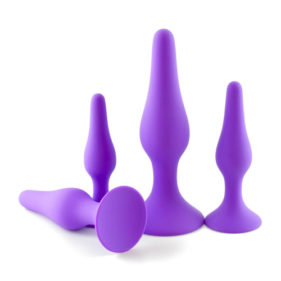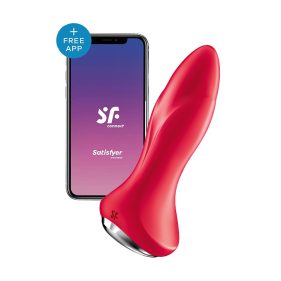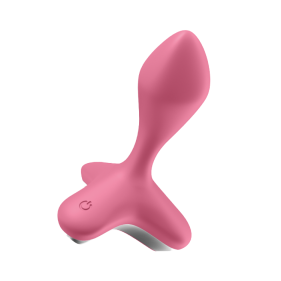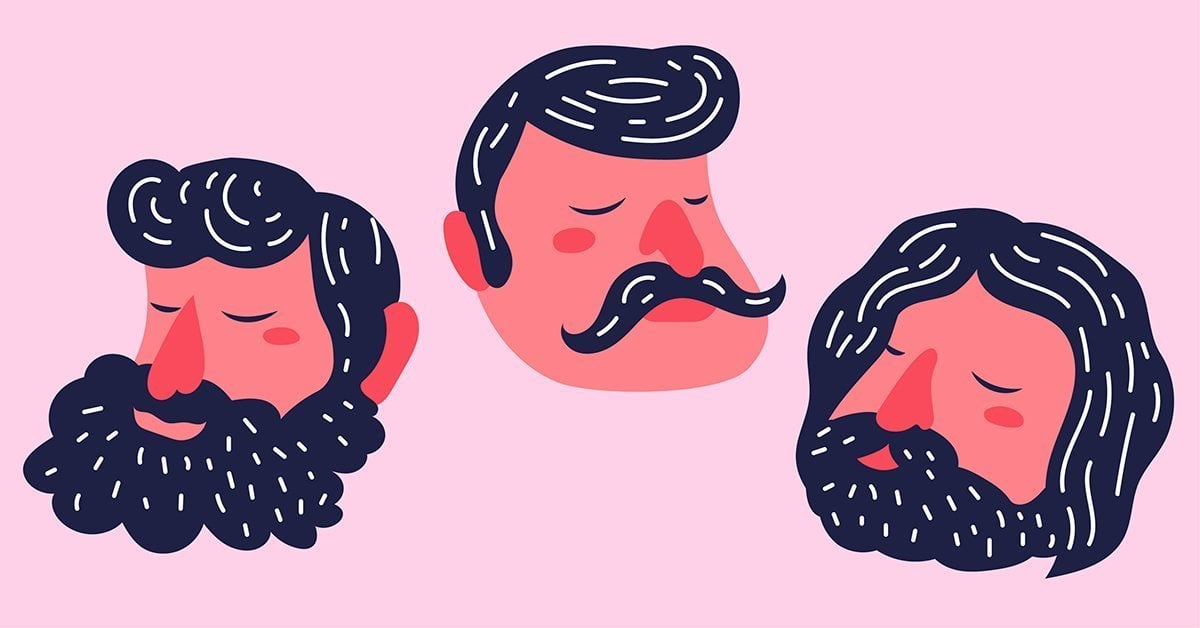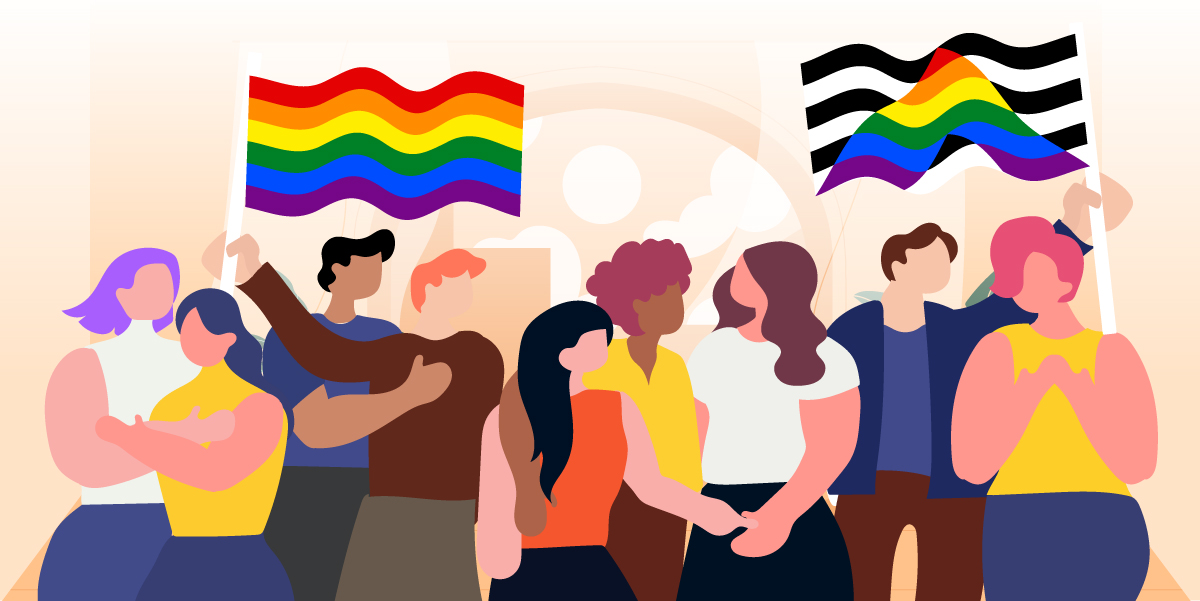
People are such complicated beings. Despite being the same species, people can have different appearances, beliefs, and preferences. It’s so strange that of all the things we, as humans, differ in, the one society seems hellbent on you having to constantly declare is your sexuality.
This concept of having to ‘come out of the closet’ as someone who is not cisgender that is so needlessly imposed on the LGBTQ community is just one among the many checkboxes that society has put on their to-do lists when it’s really not anyone’s business. Nowadays, people are more open and accepting of the different genders and sexual orientations, but there still have been those who scorn and discriminate people that are not straight or even those who do not fit into their preconceived notion of how an LGBTQ individual should look or act.
Everyone should be an ally. It is more than likely that you have someone in your life that is part of the rainbow flag community. It might be your parent, sibling, relative, friend, or maybe even your partner.
While corporations and even politicians have been stepping forward to support the community, it can feel like an alliance that is more objectifying than it is empowering. When people and business with platforms that can make a change use their pro-LGBTQ campaigns as a way to improve their public image, it kind of turns their support into this transactional exchange. Active actions of allyship from individuals mean more and make a bigger impact on the LGBTQ community.
Aside from going to rallies and marches that support LGBTQ causes, respecting pronouns, and being a friend, there are ways to become a better LGBTQ ally. It is important to create safe spaces for them – whether or not you know someone who is part of the community personally.
What being an ‘Ally’ means
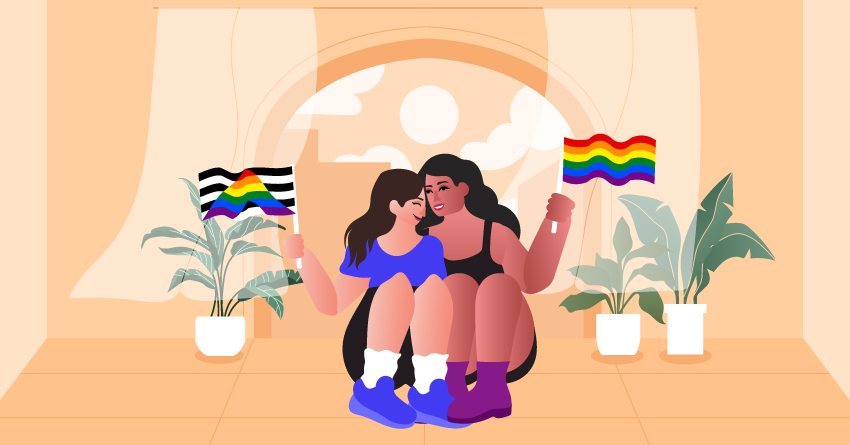
Being an ally means that you stand up for, support, and encourage the people around you. In the LGBTQ community, it refers to someone who is heterosexual and/or cisgender but does their best to make the world a safe space for people who identify as LGBTQ. Allies are genuinely concerned about the well-being of the members of the LGBTQ community.
Advocating for equal rights and fair treatment is a big part of being an ally, alongside confronting all the prejudice and challenges they may face. Things like heterosexism (assuming everyone is or should be straight), biprejudice (harmful misconceptions about bisexuality), transprejudice (harmful misconceptions about trans-ness), or even heterosexual privilege (when heterosexuality affords individuals more acceptance and safety in society) are mentalities that allies should help combat.
-
₱150.00
-
₱150.00
-
₱150.00
-
₱150.00
Ways to be a better LGBTQ ally
You’ve always been an ally, but your knowledge about the community and all the terms may be outdated. We must equip ourselves with the knowledge to have intelligent conversations and can engage in debates to create safer spaces. Here are a few other ways to be a better LGBTQ ally.
1Understand the difference between gender and sex.
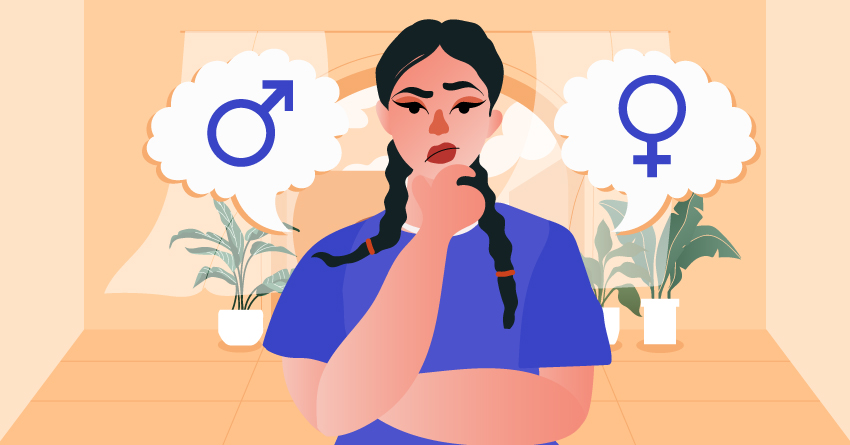
Understanding the difference between gender and sex is the first step to becoming a better LGBTQ ally.
Gender is the roles and behaviors that are attributed to males and females by society. Sex, on the other hand, refers to someone’s biological identity as a male or a female as characterized by their genitalia.
Society has pigeonholed the male and female roles throughout history though many feel and have felt that they never completely fit into those definitions. The personal feeling of maleness, femaleness, or somewhere in between is known as your gender identity. The way one chooses to express themselves – clothing, expressions, interests, etc – is their gender expression.
Some individuals may find that their sex, gender identity, and gender expression do not match up and it may cause confusion and turmoil. Having a safe space where they can explore and identify their true selves, making understanding themselves as a whole person much easier and less scary.
-
₱4,745.00
-
₱1,699.00
-
Original price was: ₱1,595.00.₱995.00Current price is: ₱995.00.
-
₱2,695.00
2Learn about the different gender identity terms.
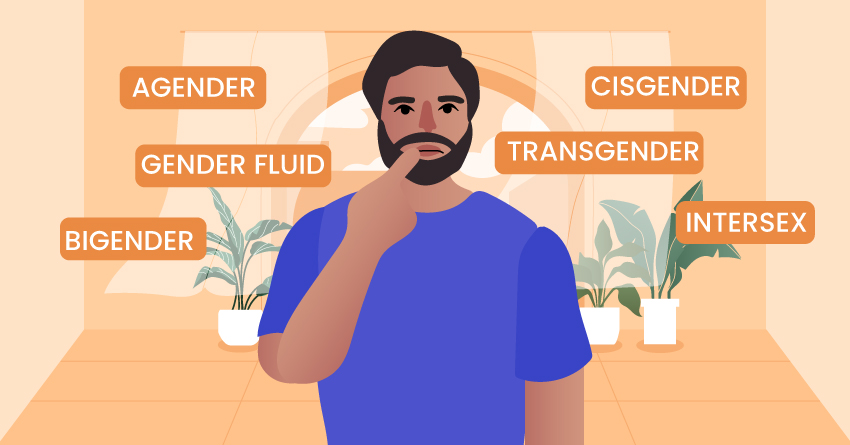
These are a few terms people may use in discussions about how they feel in relation to being male or female. It may help in your understanding and relating to queer experiences, thus helping you become a better LGBTQ ally.
- Agender: Individuals who do not identify with a gender. These individuals may refer to themselves as being gender-neutral or even genderless.
- Bigender: Bigender people may jump between the traditional definitions of gender-based behaviors and identities.
- Cisgender: This is historically the most socially acceptable. Cisgender means that the person’s gender identity and biological sex assigned at birth are the same.
- Gender fluid: These individuals feel like they are a mix of the two traditional genders. There are days, however, where they may feel more like a man, and others where they feel more like a woman.
- Genderqueer: It is often used as an umbrella term for gender non-conforming individuals or by those who do not identify as being a man or a woman.
- Intersex: This term refers to a person born with sexual anatomy that does not seem to fit typical definitions of male or female. For example, an individual presents as a female but has male-typical reproductive anatomy.
- Gender variant: One who does not conform to gender-based expectations of society either by choice or by nature.
- Mx.: It is used in place of the titles Ms., Mr., etc. It is pronounced as ‘miks’, and is usually the preferred option of someone who does not identify as cisgender.
- Third Gender: An individual may not identify with either man or woman, but they may identify as another gender. Contemporary and historical societies recognize three or more genders and have used this category. It may have different meanings for the different people who use it.
- Transgender: A person who lives as a member of a gender that is other than their sex assigned at birth.
- Two-Spirit: It is a Native American term that is used to describe people who possess the qualities of both genders.
- Ze/Hir: Gender-neutral pronouns that are an alternative to “he/she” and “his/hers”. They are pronounced as ‘zee’ and ‘here’. Some people may also prefer to use “they/their” pronouns.
-
₱285.00
3Recognize different sexual orientations.
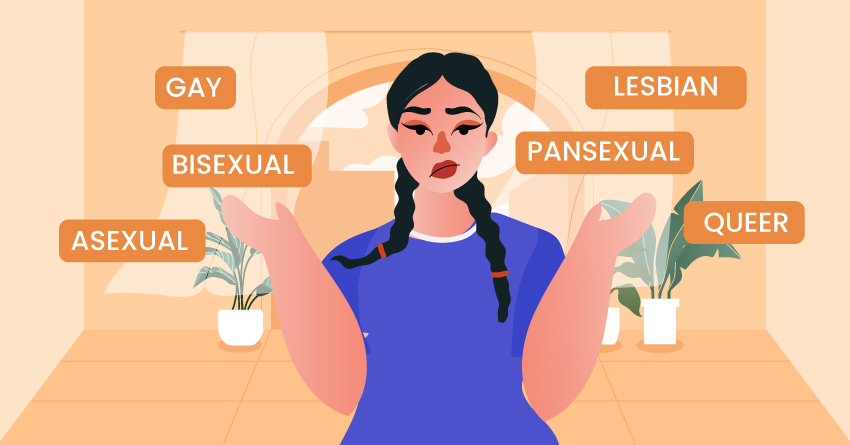
Now that we have a greater understanding of gender identity terms, understanding the different sexual orientations can clear up any confusion you have on who is attracted to whom. Keep in mind that understanding the different sexual orientations does not mean that labeling others based on your assumption is okay.
- Gay: If you did not know, this refers to men who are attracted to men.
- Lesbian: These are women who are attracted to women.
- Bisexual: Bisexuals are individuals who are attracted to more than one gender.
- Pansexual: People who are attracted to people regardless of their gender.
- Heterosexual: These are people who are attracted to the opposite sex.
- Asexual: There are people who do not experience romantic attraction, and they refer to themselves as asexuals.
- Queer: This is a fluid term used to refer to LGBTQ people. There are individuals who find this term offensive.
4Listen to the community.
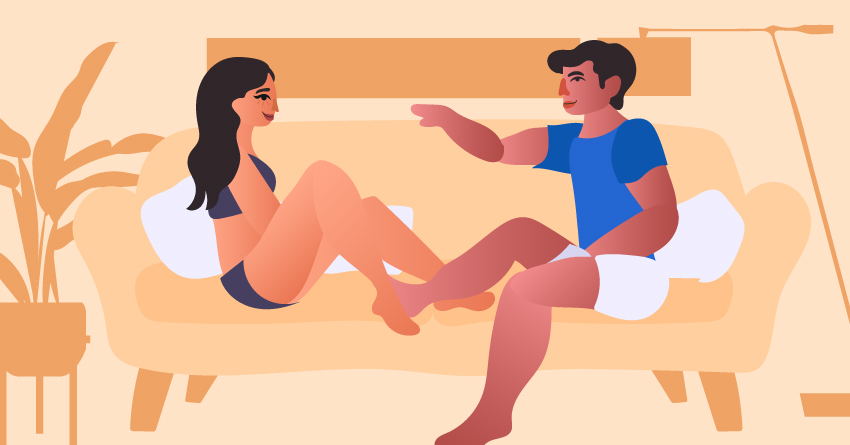
No matter how much knowledge and experience you possess, always listen to the concerns and information that the people in the community are trying to share. Have open conversations with individuals so they can share their first-hand experiences with you.
-
₱4,745.00
-
₱450.00
-
₱450.00
-
₱2,695.00
5Be open-minded.

Sometimes, reality can challenge expectations. Be open-minded about their views and opinions because their experiences may be different from yours. Throw your preconceived notions about people in the LGBTQ community out the window and just welcome them as they are.
6Be willing to talk.
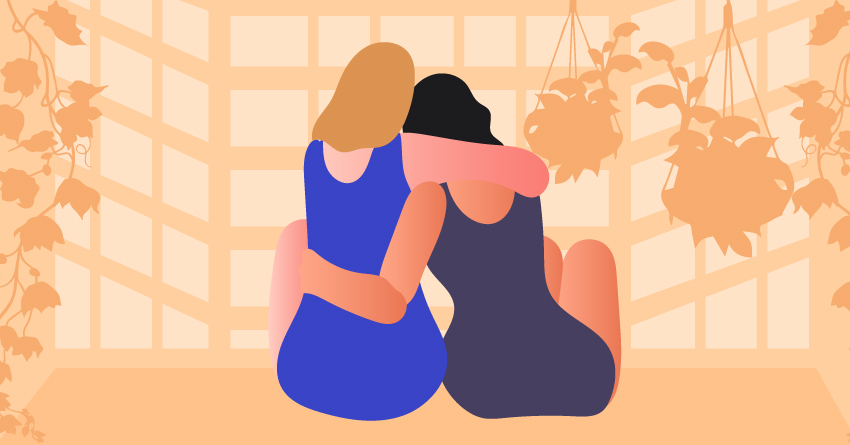
Making it clear that you are open to conversations and that you are a safe space helps you become a better LGBTQ ally. Whether it’s to talk about their problems, their triumphs, or even if it’s for them to confront how you may have hurt their feelings, let them know that you are there to lend an ear or a shoulder to cry on.
7Be inclusive.
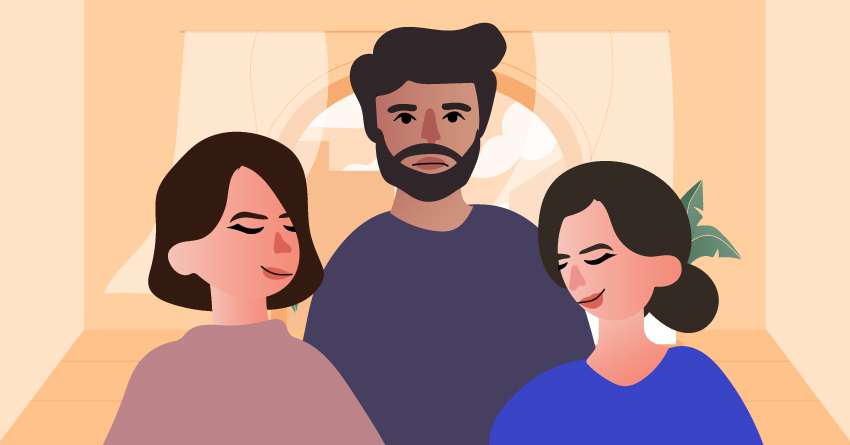
Practicing inclusivity is as easy as making sure that everyone in a space is comfortable and interested – especially when planning group activities. If you’re unsure of how to be more inclusive, ask anyone who may have more insight aka LGBTQ individuals that are involved.
8Don’t assume people are straight.
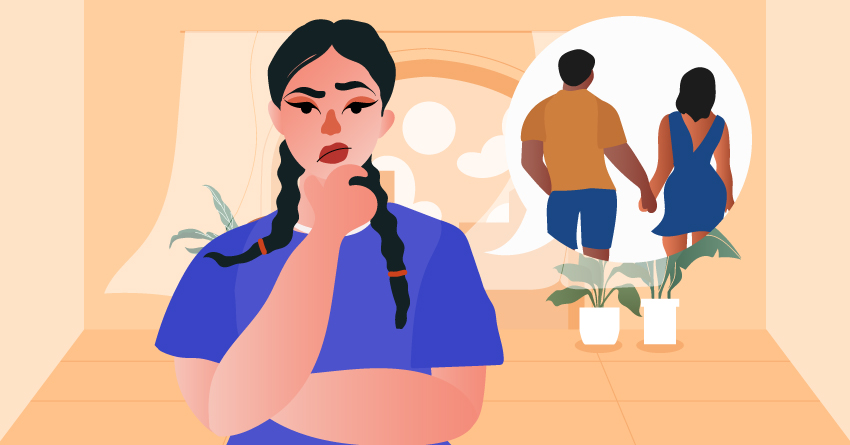
Just because someone hasn’t come out doesn’t mean that they’re straight. It may just mean that they don’t feel the need to declare their sexual orientation to the world. By stopping assuming and acting as if everyone is straight, it creates a space that is more welcoming and accepting of all people.
9Be conscious of your words.
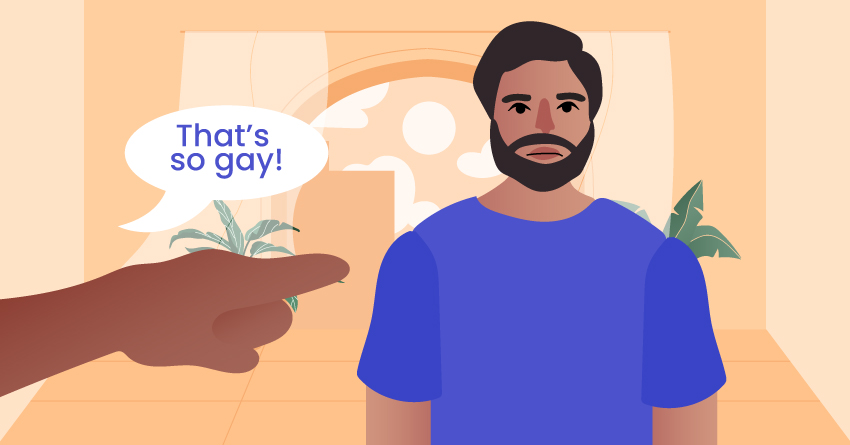
Words have weight. Seemingly small remarks like ‘that’s so gay’ can make spaces feel unsafe. It does not matter the intention or the tone. It may bring up trauma from bullying or other experiences. Being aware of how your words make others feel is important – even outside of your trying to be a better LGBTQ ally.
-
₱4,899.00
-
₱13,995.00
-
₱6,550.00
-
₱8,385.00
10Confront your own biases and prejudices.
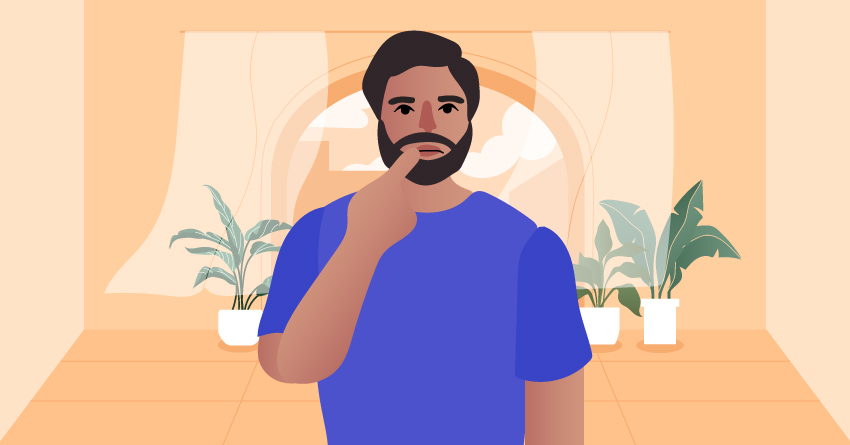
No matter how hard you try, you may have biases and prejudices about the LGBTQ community that you may not have realized. Now the work starts where you accept this fact and confront them. Actively work to get rid of those biases and try to figure out where they’re rooted. Working on yourself is a great step towards being a better LGBTQ ally.
11Defend your LGBTQ friends.
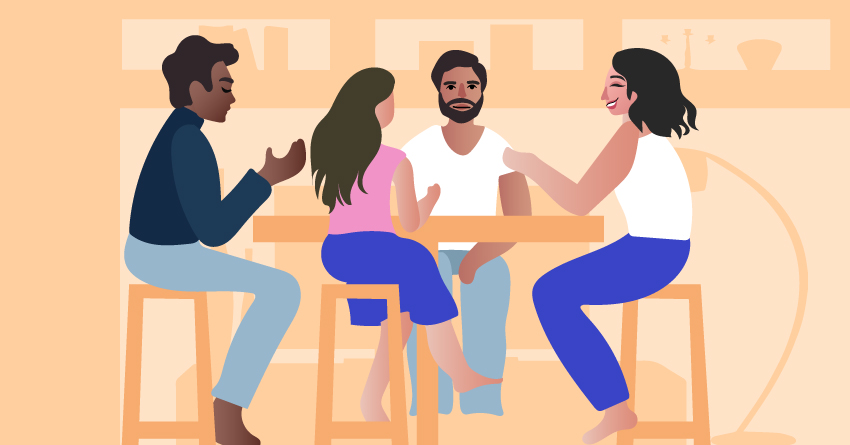
There will be people that will not be as accepting as they should be. They can say hurtful things and even physically assault members of the LGBTQ community. Do your best to defend and protect them. Sometimes just standing by them and making sure that the attacking party knows that there is someone with them can deter their negative behavior.
12Everyone should be treated with respect.
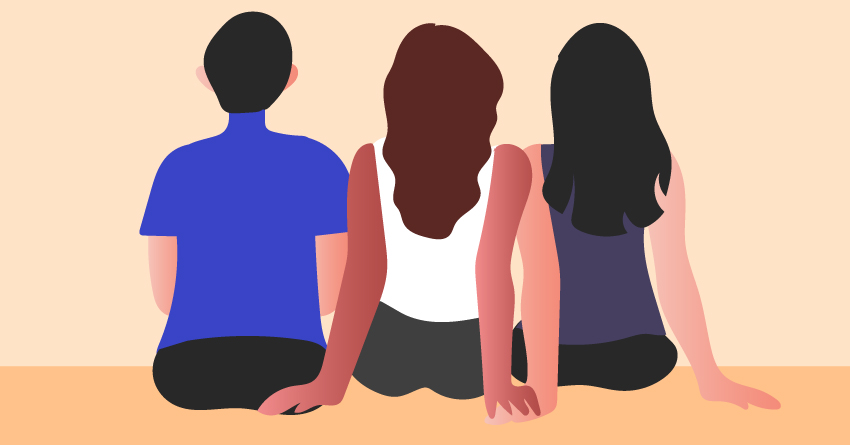
Respect should be the default when treating anyone. So keep this in mind. Even if you do not agree with someone’s lifestyle or who they choose to love, respecting them as a person is still essential. Disrespecting someone because of who they are as a person will not change who they are, it only makes you a bad person.
13Speak up about misrepresentation in media.
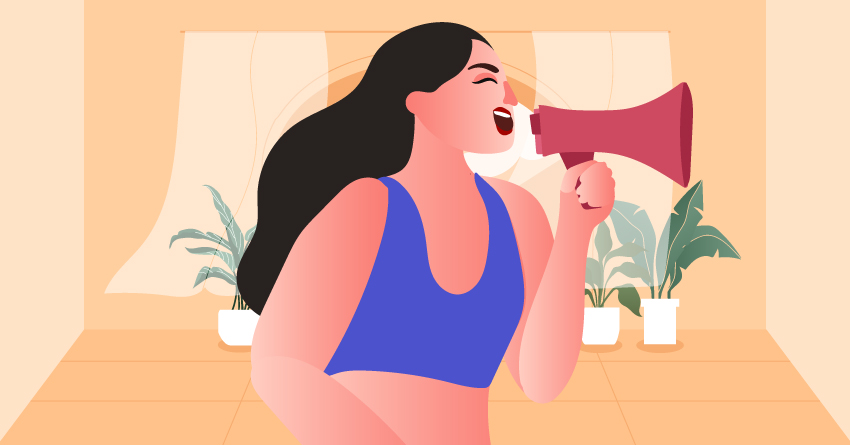
Media representation is important. It colors what society deems acceptable and our view of different people and lifestyles. It’s where the over-sexualization of lesbian and bisexual relationships comes from and the demonization of gay and trans individuals. Social media has made it possible for people to have platforms to raise awareness for these types of misrepresentations.
The internet has created platforms where you get a direct line to the creators and other people involved in these kinds of projects so you can raise your concerns and why they should become more informed when trying to represent the LGBTQ community. The more noise you make, the more chances that you will be heard, and that your concerns will make an impact.
-
₱6,245.00
-
₱8,125.00
-
Original price was: ₱19,995.00.₱9,997.50Current price is: ₱9,997.50.
-
₱6,245.00
14Come out as an LGBTQ Ally.
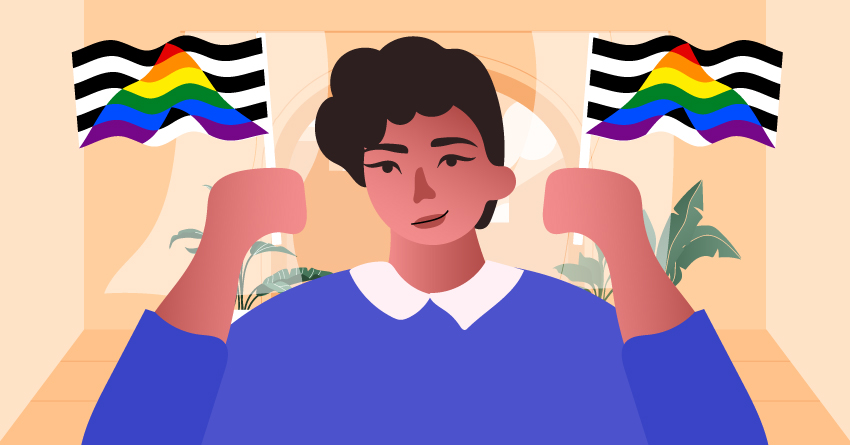
Just like the people in the LGBTQ community, you should come out as an ally. It makes it clear that you stand with them and all the rights they deserve. Join LGBTQ groups, or just show your support online. Volunteer for foundations like LoveYourself or offer a place to stay for your friends who need a place to stay because their families are having a hard time accepting who they are.
15Recruit more allies!
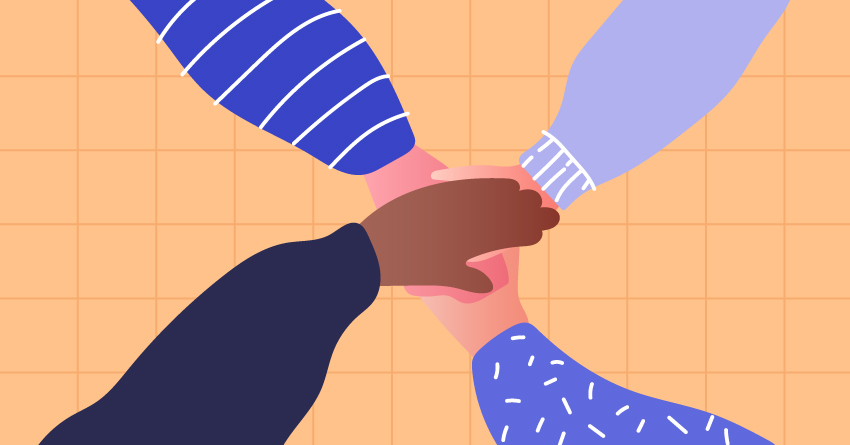
Talk to your family members, relatives, and friends about the LGBTQ community. They may not be against them, but that doesn’t mean that they are for them. Convince your loved ones to be an active ally of the community. There is strength in numbers, and recruiting people you love and trust makes you a better LGBTQ ally.
Frequently Asked Questions
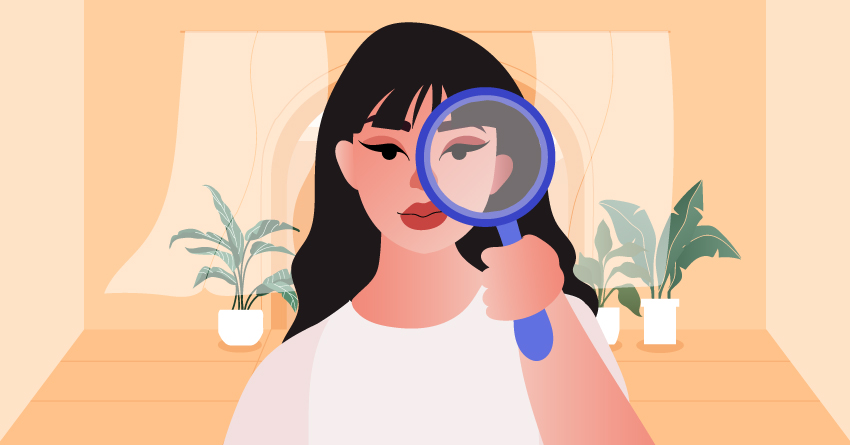
You may have questions but be nervous, scared, intimidated, or even dumb for having them. No worries, here are a few questions you may want to be answered.
1My friend has come out to their friends, but not to their family who isn’t accepting, what can I do?
Offer them support. They have made the decision to not come out to their family for a reason. Respect that and be a good friend. When their family members say things that you may not agree with, respectfully disagree and have a conversation without outing your friend.
If your friend asks you not to engage in those kinds of conversations in the household, it may be better to respect their opinions as well because it may make the family dislike you and make you unwelcome in their home. Effectively, you lessen the availability of safe spaces to them. Support them in the way they need.
2How do I address my heterosexual privilege?
You must realize and acknowledge that heterosexual privilege is real. Public displays of affection, or even matrimonial unions in straight relationships are such non-consequential things where any kind of relationship outside of that is the recipient of so much judgment. Understand this is a reality and call it out when someone else is being unjustly treated simply because they aren’t in a traditional relationship.
-
₱5,999.00
-
₱990.00
-
₱4,745.00
-
Original price was: ₱4,745.00.₱4,270.50Current price is: ₱4,270.50.
3I know someone who I suspect is part of eh LGBTQ community, what do I do?
Nothing. Again, coming out is an individual’s prerogative. Respect them as a person. Sexual orientation is irrelevant to how much you treat others. So continue your interactions as usual.
4What is the right term? LGBT+, LGBTQ, LGBTQIA+, or LGBTQ2S+?
All of them are acceptable, but there are people that are more partial to specific terms than others.
5My friends and relatives refuse to become allies for the LGBTQ community. What do I do?
If you’ve had discussions and debates with them about this, maybe it’s time to find new friends. With family though, it may be a bit trickier because you cannot change who you are related to. Aside from trying to change their mind, something you can do is to always let them know that their negative comments and remarks about people in the community make you uncomfortable. Try to avoid bringing your LGBTQ friends around to protect your friends from people that may not accept them. Not only should you create safe spaces for the LGBTQ individuals, but keep them away from spaces you know are unsafe.
Takeaway
Finding ways to become a better LGBTQ ally is just finding ways to become a better, more accepting human being. Recognizing that people in the LGBTQ community are individuals that need love and support just like everyone else and making sure everyone knows that is the best show of allyship. Talk to your friends and relatives who are part of the community to know what more you can do to be the best LGBTQ ally you can be.

